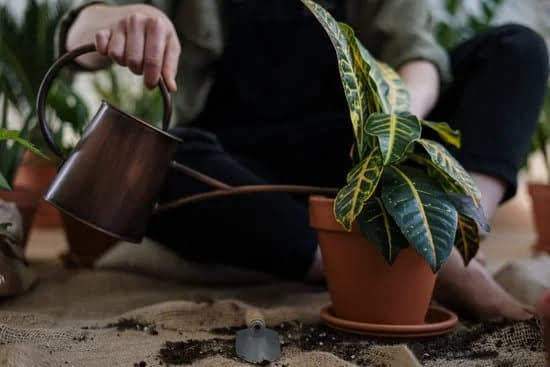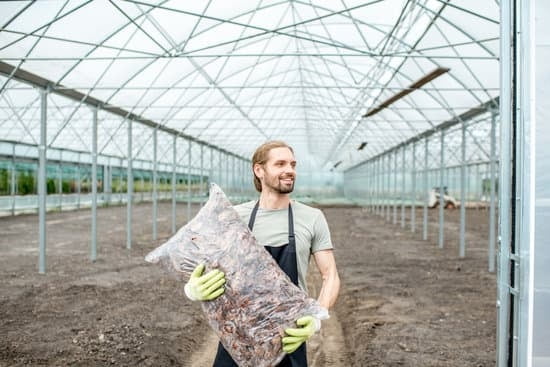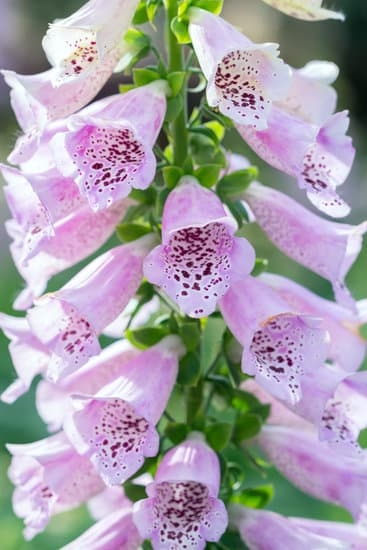Gardening Beginner Tips
If you are new to gardening, there are a few things you should know to make the experience a little less daunting and a lot more fun.
First, start by choosing the right plants. Not all plants are suited for beginners, so it is important to do your research first. There are plenty of plants that are easy to care for, and you can find lists of them online or in gardening books.
Next, make sure you have the right tools. A good set of gardening tools will make your job a lot easier. They can be expensive, but they will last for years if you take care of them.
Finally, be patient. Gardening is a slow process, and it takes time to see results. Don’t get discouraged if your plants don’t look perfect at first. With a little bit of care and patience, you will be able to create a beautiful garden that you can be proud of.
Vegetable Gardening Tips For Beginners
Starting a vegetable garden can be a daunting task, but it can also be a lot of fun. To get started, here are a few tips to help you get started:
1. Choose the right location.
Your vegetable garden should be in an area that gets plenty of sun and is well-drained.
2. Choose the right vegetables.
Not all vegetables are suited for every climate. Make sure to choose vegetables that will thrive in your area.
3. Prepare the soil.
Before you plant anything, you need to prepare the soil. Add compost or manure to the soil to help it retain moisture and nutrients.
4. Plant your vegetables.
Make sure to plant your vegetables in rows so that you can easily access them.
5. Water your vegetables.
Make sure to water your vegetables regularly, especially during hot weather.
6. fertilize your vegetables.
Fertilize your vegetables every few weeks with a high-quality vegetable fertilizer.
7. Harvest your vegetables.
Make sure to harvest your vegetables when they are ripe. Don’t wait too long, or they will start to rot.
Congratulations! You’ve now successfully started a vegetable garden.
Gardening Tips For Beginners Pdf
There is no need to be overwhelmed by gardening. It is actually a very simple process that can be easy and fun. This guide will provide some tips to get you started.
Choose the right plants. Not all plants are suited for all areas. Make sure you choose plants that are adapted to your climate, soil type, and sun exposure.
Do your research. Before you start gardening, be sure to research what plants are best suited for your area. There are many resources available, such as your local library and online.
Start small. Don’t try to tackle too much at once. Start with a small garden and add on as you gain experience.
Get organized. Keep track of what you planted and when, so you can remember what you need to water and fertilize. Use a garden journal, or create a spreadsheet on your computer.
Use organic methods. Chemical fertilizers and pesticides can be harmful to both you and the environment. Use organic methods instead, like composting and crop rotation.
Take care of your tools. Keep your tools in good condition by cleaning and oiling them after use. This will help them last longer.
Be patient. Gardening is a slow process. Don’t expect to see results overnight. With time and effort, you will see your garden flourish.
Gardening For Beginners Tips For Gardening At Home
One of the best ways to get into gardening is to start small. A small garden plot can be worked on easily and does not require a lot of space. It can be a great way to get introduced to the basics of gardening.
When gardening, always be sure to wear sunscreen and appropriate clothing. Wear a wide-brimmed hat to protect your head and face from the sun, and long pants and sturdy shoes to protect your legs and feet. If you are going to be working with any harsh chemicals, be sure to wear gloves as well.
To make your garden more productive, plant a variety of plants in it. If you plant the same thing over and over again, you will not get the same variety of crops. If you plant a variety of plants, you will get a variety of crops. You will also be more likely to have something to harvest at any given time.
When gardening, be sure to water your plants early in the morning. By watering your plants early in the morning, you will give them a chance to drink before the heat of the day sets in. This will help to prevent wilting and decrease the chance that you will have to water your plants twice.
One of the best ways to learn about gardening is to join a gardening club. There are many gardening clubs around the country, and joining one can give you access to a wealth of information. Not only will you be able to get advice from experts, but you will also be able to meet other gardeners who are passionate about gardening.
To make your garden more productive, plant a variety of plants in it. If you plant the same thing over and over again, you will not get the same variety of crops. If you plant a variety of plants, you will get a variety of crops. You will also be more likely to have something to harvest at any given time.
When gardening, be sure to water your plants early in the morning. By watering your plants early in the morning, you will give them a chance to drink before the heat of the day sets in. This will help to prevent wilting and decrease the chance that you will have to water your plants twice.
One of the best ways to learn about gardening is to join a gardening club. There are many gardening clubs around the country, and joining one can give you access to a wealth of information. Not only will you be able to get advice from experts, but you will also be able to meet other gardeners who are passionate about gardening.
Tips Vegetable Gardening For Beginners
Starting a vegetable garden can be a daunting task, but it can be a fun and rewarding experience, as well. Here are a few tips to help you get started:
1. Choose the right spot for your garden.
The spot you choose for your garden should get plenty of sunlight, be relatively weed-free, and have good drainage.
2. Amend the soil.
Before planting your vegetables, you’ll need to amend the soil. Add some organic matter, such as compost, to the soil to help improve its fertility and drainage.
3. Choose the right vegetables.
Not all vegetables are suitable for beginners. Start with vegetables that are easy to grow, such as lettuce, tomatoes, and peppers.
4. Plant your vegetables.
When planting your vegetables, be sure to follow the instructions on the seed packet. Typically, you’ll want to plant the seeds at a depth of twice their size.
5. Water your vegetables.
Vegetables need plenty of water to grow properly. Be sure to water your garden regularly, especially during hot, dry weather.
6. Weed your garden.
Weeds can compete with vegetables for water and nutrients, so be sure to weed your garden regularly.
7. Harvest your vegetables.
Once your vegetables are ripe, be sure to harvest them. Overgrown vegetables can become bitter and unpalatable.
By following these tips, you’ll be well on your way to starting your own vegetable garden.

Welcome to my gardening blog! I am passionate about plants and enjoy sharing my knowledge and experiences with others. In this blog, I will write about everything related to gardening, from tips on how to get started to updates on my own garden projects.





